Introduction
Today we will discuss decks for Historic Brawl, which can also be considered a "Commander for MTG Arena", due to the similarity of some rules.
Deck building rules in Historic Brawl
- 1-on-1 games.
- Only 1 copy of each card (except basic lands);
- All cards on MTGArena re legal, with the following cards banned:
Ad
- Decks consisting of 99 cards + 1 (the commander), totaling 100;
- The commander must be a legendary creature or a planeswalker that has written that he can be a commander;
- All 99 cards must have a color identity according to the commander.
Example: that if the commander is a black legendary creature which has no other color symbol on the card, then all 99 other cards must be black cards and/or colorless cards. If a white creature has an ability in its textbox that costs red, you can place both white and red cards, as it will be within the commander's identity;
As we can see, most of the rules are very similar to those of Commander.
10 Best Decks to Play Historic Brawl
Atraxa, Grand Unifier
Despite being a creature with a high mana cost, if you think about it, it is quite strong. With the use of various removals and counterspells, you can have great peace of mind when casting your commander. With several creatures that seek out lands, put lands from your hand into play or that generate mana, you can speed up your game quite a bit.
The biggest fun of the deck is casting Emrakul, the Promised End, and if you prefer to put something that gives it Haste to end the game, but it's unnecessary - the power to control the player's next turn is already strong enough.
The most important thing here is to control the opponent, not letting them establish themselves on the board, so the more removals the better. And of the most diverse types by effect, cards like Banishing Light, Swords to Plowshares. As Atraxa takes effect when it enters the battlefield, if your hand is low on resources, you can exile it and return to the field to have more cards in your hand.
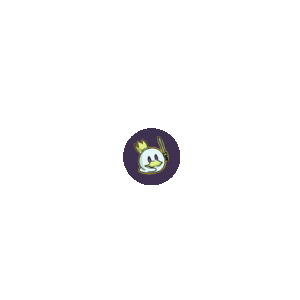
Jodah, the Unifier
With a well-built mana base, and using lands that generate different colors, the problem of having one mana of each color can be easily circumvented. With a deck based on only legendary cards, you can quickly build your game using and abusing Jodah's ability.
High-cost cards like Ulamog, the Ceaseless Hunger are very useful to be able to cast other legendary spells and build more advantage on the board. Gathering several legendary creatures, Jodah manages to give each of them an impressive body.
As important cards, we have Primeval's Glorious Rebirth, Golos Tireless Pilgrim, which with its ability can be very valuable if we have enough mana, and Double Major targeting Jodah can be an excellent finisher, depending on how you find your table.
Cards like Irenicus's Vile Duplication, which copy the creature, but make it non-legendary, is a great choice for anyone looking for an aggressive play. With the arrival of March of the Machine, we have even more creatures and other legendary card types, as well as in the Lord of the Rings set.
Other indispensable cards for the deck are Imoti, Celebrant of Bounty, Captain Sisay, Gold-Forged Thopteryx, Satoru Umezawa, Shadowspear, among others.
Ad

Raffine, Scheming Seer
Raffine has a great mana cost. Working as an Aggro deck, on the third turn, at worst, you can cast it and already enjoy its effect. Of course, the deck works with more creatures attacking, so each time you draw more cards and discard more, further increasing the power of the desired creature.
But not just attacking lives our strategy, being able to also use cards to hinder the progress of the opposing player, like Siren Stormtamer in case a player tries to target any of your creatures, Luminarch Aspirant to grow them even more, Knight of the Ebon Legion which at the beginning of the game manages to generate great value, or Intrepid Adversary at the end of the game to finish the opponent off.
Since we have a lot of focus on creatures, it helps to have removals in the deck, and Raffine can help find any removals with card draws. Interesting cards I've seen on some lists that fit here are Misery's Shadow, Containment Construct which lets you play cards discarded by Raffine, Thopter Mechanic, and See Double.

Ivy, Gleeful Spellthief
With a mana cost bordering on negligible, Ivy manages to be a great choice because she can be cast quickly and then be protected by its cards, which are either counterspells or things that grant protection. Ivy, Gleeful Spellthief is a great choice for an aggressive green and blue deck.
Many creatures in the deck have some evasion, and we use cards like Curiosity, Sixth Sense and Combat Research that generate value - and even more value being copied to Ivy. Additionally, auras that draw a card when entering the battlefield, such as runes and cartouches, will have their effects doubled. Most deck cards don't have a high mana cost, so it's not too difficult to put plenty of things on the board and already present some threat.
We have interesting cards to be used: Mantle of the Wolf, Setessan Training, Gaea's Gift, Toski, Bearer of Secrets, Dragonsguard Elite, Sea-dasher Octopus, Grazilaxx Illithid Scholar, Mausoleum Wanderer.

Sheoldred, The Apocalypse
Sheoldred, The Apocalypse was already well known, but the appearance of this one made me open my eyes even to combo strands with Peer into the Abyss, which if used on the opponent, can easily mean their defeat. It manages to be a great control, preventing or making the opponent think twice before drawing any card.
Ad
For us, cards that draw and lose life will be extremely helpful, such as Phyrexian Arena, Eldritch Pact, Sign in Blood, and Pointed Discussion.
Now to “lock” the opponent, we have Tainted Remedy if we find a deck that gains life somehow, Underworld Dreams which will tax even more, making them lose more and more life, and cards like Painful Quandary which will either take even more life from the opponent, or make them discard cards, which is also great.
Ob Nixilis, the Hate-Twisted is a great option that, in addition to destroying the opponent's creature, will make them lose life if you have Sheoldred. Finally, we have Eldritch Pact that can also be used on the opponent.
Our list is full of creature removals, which is a standard for the color. One of the best cards for this deck is Vito, Thorn of the Dusk Rose, which will make your opponent lose additional life whenever you draw a card alongside our Commander.

Etali, Primal Conqueror
Etali, Primal Conqueror is a creature with a high cost that when entering triggers a very interesting ability, but I still didn't see much sense in a creature for seven mana that does “only” this effect. However, when "turning" the card, I realized the gigantic power of it. A creature with trample, it deals damage in the form of poison counters and still indestructible, it can kill any player with just one hit (especially if it becomes unblockable in some way).
Of course, due to its high cost to cast and to activate the ability, a good red and green deck will need to have resources to accelerate mana. Creatures like Llanowar Tribe, Llanowar Elves and other dorks, The Great Henge and other ramps are very useful. Nissa, Who Shakes The World, is a great planeswalker for being able to double the mana generated by forests, Domri, Anarch of Bolas allows you to generate mana and still doesn't let your creatures be countered.
Spells that seek additional land are of paramount importance, and it can also be fun to have red cards that can grant Haste, because if Etali enters the board transformed and with impetus, the damage will be huge!

Giada, Font of Hope
Giada, Font of Hope enables a classic angel tribal/typal - which usually cost a lot of mana to cast, and Giada helps us with that. However, the effect of angels entering with counters for each angel you control is something that took me by surprise.
I've already lost several games to Giada using Speaker Of The Heavens, Youthful Valkyrie, Segovian Angel, Bishop of Wings and Starnheim Aspirant, which is a cleric who reduces the cost of angels by two, doing what white knows how to do best: small creatures that manage to generate great value on the field for their quantity, which in the case of angels, will always have an efficient evasion.
Ad
Resplendent Angel is one of the essential cards in the deck, as well as creatures that can create angel tokens, to populate the board.
Since there aren't as many resources to draw cards, white has to use its removals wisely. Removals are always welcome in any type of deck, and white still has sweepers to help in critical situations.

Jetmir, Nexus Of Revels
A wonderful deck of creatures, having a high production of tokens and creatures of the most diverse forms. The greater the amount, the more Jetmir has effects that help to be more aggressive.
Cards like Legion Warboss that creates goblins already attacking, Intrepid Adversary which with a large amount of mana will make your creatures even bigger, Craterhoof Behemoth which can be a great finisher, are quite interesting. Mondrak, Glory Dominus is an excellent option when your deck is based on making tokens. Platoon Dispenser is great for slowly replenishing your hand, as well as helping to populate the board.
If the game goes on too long and your opponent somehow manages to resist the advance of your creatures, White Sun's Twilight is a great sweeper that if you pay more than five you can still create creatures with toxic, trying to force the victory. One of the strongest cards for this deck is Divine Visitation, creating angels with vigilance instead of small tokens. Here, the secret turns out to be quantity over quality.

Gix, Yawgmoth Praetor
Gix is a little controversial in that it is also valid for the opponent's creatures. However, as we will have creatures with evasion, we can take even more advantage of our commander.
With the great card advantage engine in your hand, Gix's activated ability is quite usable - the only problem is the high mana cost, but if you manage to get to the point of using it and manage to discard a large number of cards, it will be almost impossible for the opponent to react.
To hold your game until you reach this state, Sheoldred, The Apocalypse helps you gain life while the opponent loses life as the game progresses - leaving them even more in doubt to use Gix's ability, taking a total of three life to draw a card.
As one of the good things that black does is to return creatures from the graveyard, it can abuse this mechanic if one of our creatures dies. If you feel that Gyx's effect isn't strong enough to end the game, there is also the Vorpal Sword to finish things off with a single attact.
We rely on spot removals to take critical threats off the board. With Dark Ritual, we got a big mana boost to use the Gyx ability, among other things, like filling your battlefield even more to put even more pressure. We also have the classic Gray Merchant Of Asphodel, which depending on your devotion, can serve to finish the opponent.
Ad

Marrow-Gnawer

Generally, because Brawl is a more “time-consuming” format, most people choose to use control decks, and at this point aggressive decks can come out ahead. Before the game starts, you can look at the enemy's commander - and if it's not black, you know your Rats will be unblockable.
Our deck doesn't require a lot of creativity - put in an amount of Rat Colony to your liking, and just accumulate a nice number of rats with absurd power and perform a single attack that, thanks to the Commander's Fear, will leave your rats free, light and loose to overwhelm the opponent with just one blow.
With each new set, Rat decks receives more members - and the most recent was Karumonix, The Rat King, managing to give poison to all of its companions, in addition to finding rats at the top of the deck. Cards like Mirror Box can be a huge help to your mice that have low toughness.
It's a great deck for those just starting out in Arena due to the low amount of wildcards needed, and it's easy to understand the strategy and play.

Conlusion
The Historic Brawl is the closest to the Commander we are used to, being quite fun and possible to play with your friends online!
According to my experience at MTGA, this format is one of the most "economic" in Arena, as it only takes one of each card to make a deck, and most of the cards will also be useful in other strategies.
Until the next time!
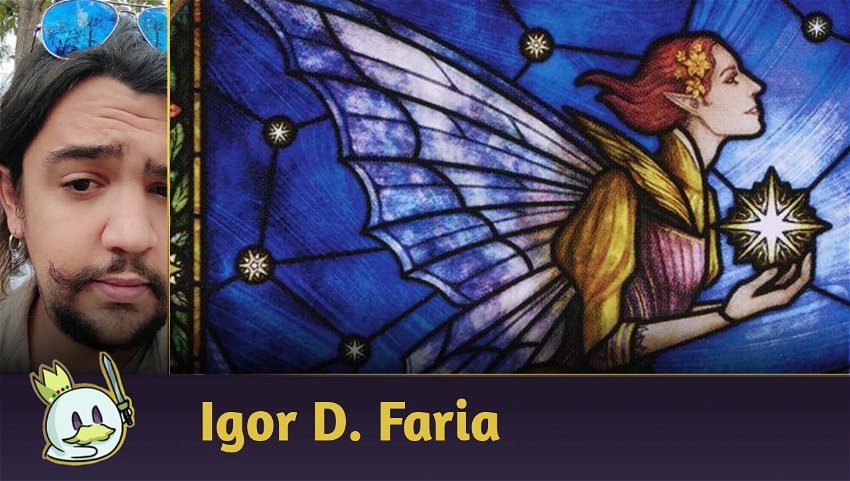



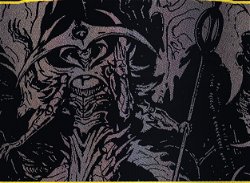
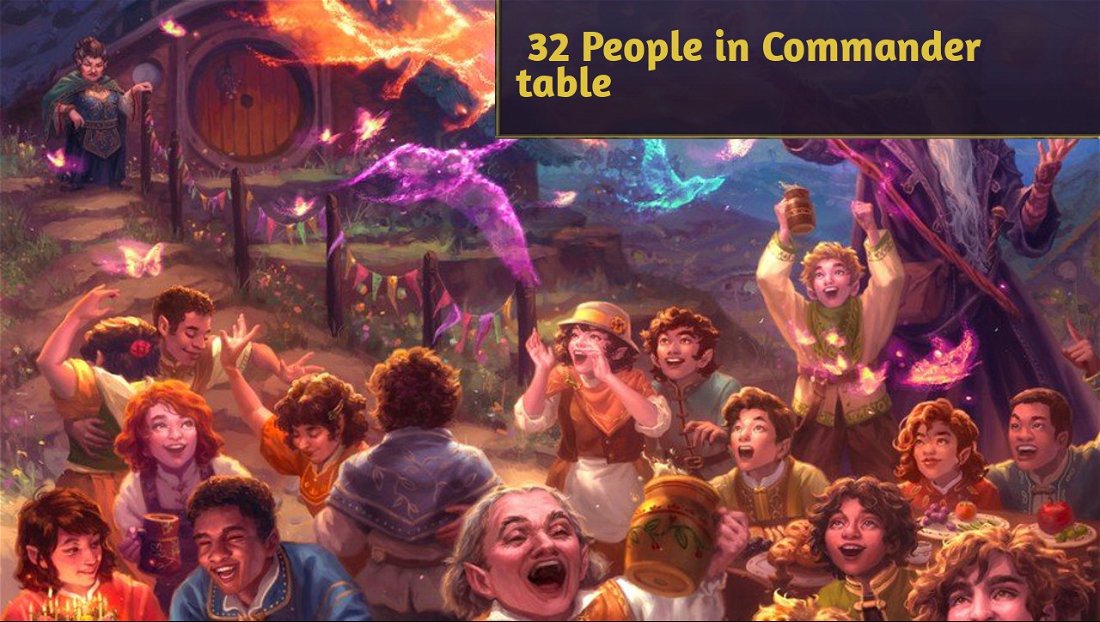
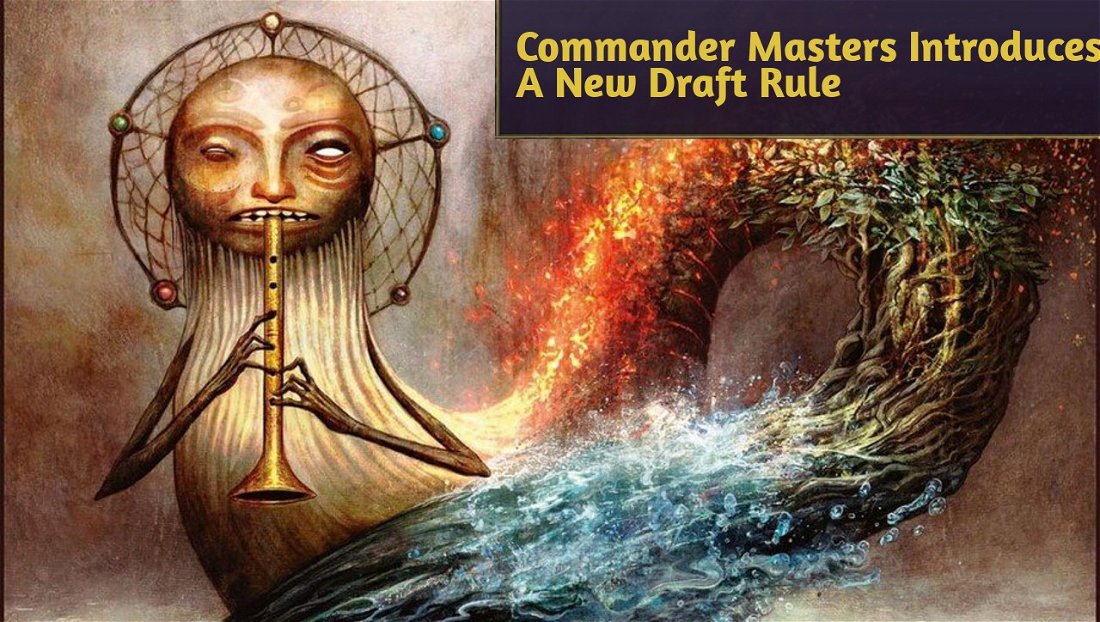



— Comments0
Be the first to comment